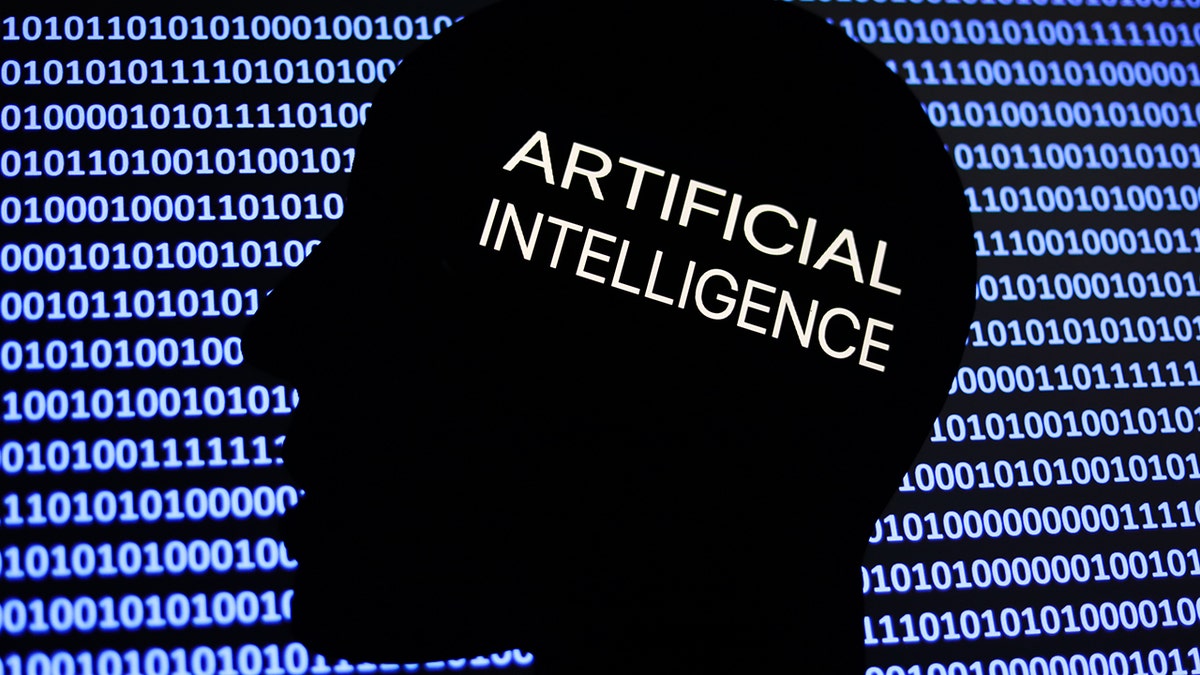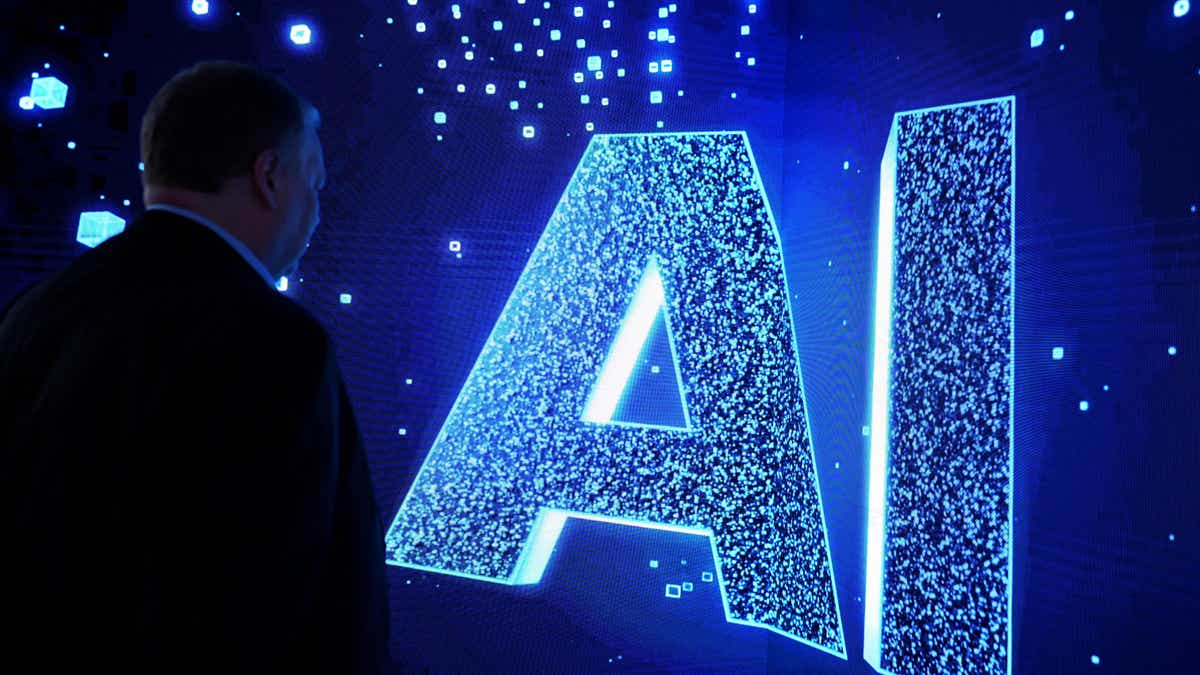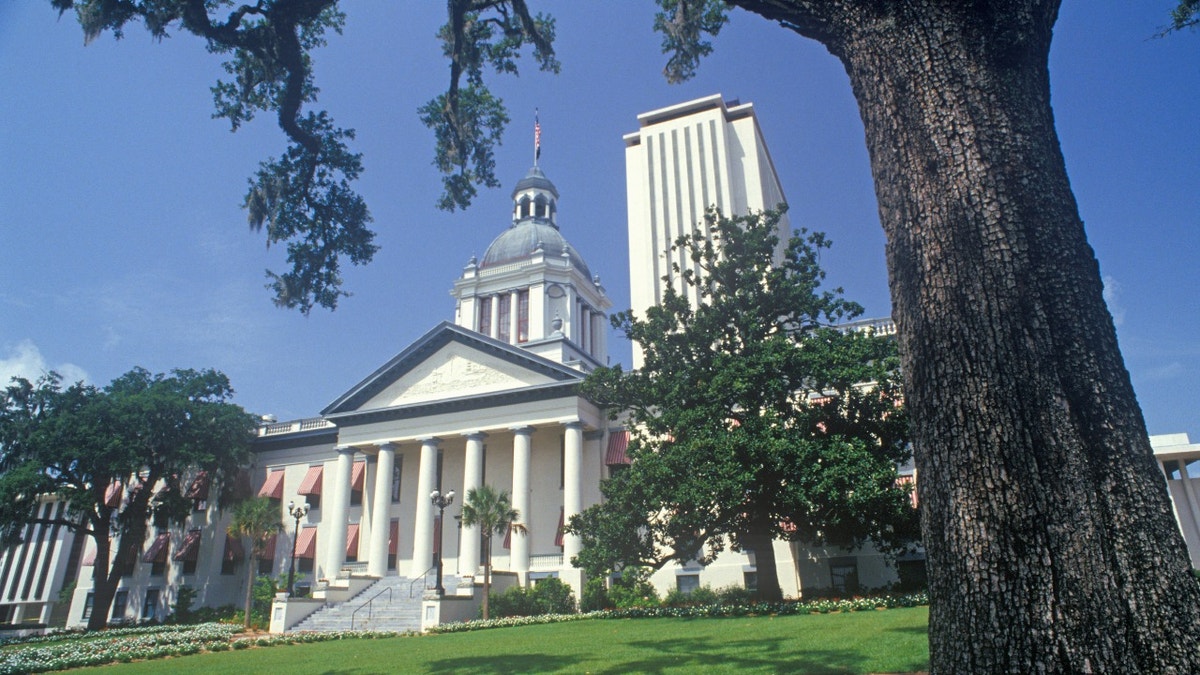AI expert on danger to commerce and potential federal legislation
Marva Bailer tells Fox News Digital how the open availability of artificial intelligence can have negative effects, and she talks about potential federal legislation to control it.
An investigation into an artificial intelligence tool aimed at helping match children in foster care to prospective adoptive parents found that the technology offered limited help with the process.
An AI tool called "Family-Match" that was embraced by several states to streamline the process of finding permanent adoptive homes for children in foster care has come up short, an Associated Press investigation found.
According to a report on the investigation by Voice of America, social workers in Florida, Georgia and Virginia implemented the tool but ultimately found that it "often led them to unwilling families."
US MILITARY NEEDS AI VEHICLES, WEAPON SYSTEMS TO BE 'SUPERIOR' GLOBAL FORCE: EXPERTS

Artificial intelligence could still help to streamline the adoption process, experts say. (Jakub Porzycki / NurPhoto via Getty Images / File)
Virginia and Georgia stopped using the tool after a trial run, the report said, noting that it only produced one or two adoptions per year. Meanwhile, Florida agencies reported having a better experience with the tool.
Phil Siegel, the founder of the Center for Advanced Preparedness and Threat Response Simulation (CAPTRS), told Fox News Digital that part of the problem with the system in the early stages could be a "lack of concrete data on what makes a successful and unsuccessful adoption that a model can use."
"Models like this require an enormous amount of data that is comparable across many situations to work. Marriage matches have that level of data, which is why the models work better for those types of matching," Siegel said. "Plus, the power of suggestion works much better in romance — because people can make the prediction come true if they believe it — than it would in adoption where the power of suggestion plays a lesser role."
ADOPTIVE MOTHER SHARES COMMON MISCONCEPTIONS ABOUT FOSTERING, ADOPTION
Nevertheless, states seem willing to continue giving the platform a chance, realizing the potential that the technology has to improve an often cumbersome process.

An investigation into an artificial intelligence tool aimed at helping match children in foster care to prospective adoptive parents found that the technology offered limited help with the process. (Getty Images / File)
While Georgia initially stopped its use of the Family-Match platform, the state recently reversed course and signed a new agreement that will allow the state to use the platform for free. Florida has also committed to paying for the platform after a grant that funded its initial use expired, according to the Voice of America report.
According to Siegel, the potential is there for AI to help streamline basically any process.
"AI can greatly assist in streamlining adoption or any other white-collar labor tasks," Siegel said. "AI can help recruit and onboard people interested in adoption. It can remind them to complete paperwork and even assist them in completing that paperwork. AI can also match children and families effectively by removing human bias in decision-making."
"Family-Match could have problems with the quality of data human beings are putting into the system or could be having some teething issues during implementation," Siegel continued. "As long as the expectations around what the AI can achieve are realistic, I imagine further refinement of this concept will lead to an AI-powered tool that helps social workers and families alike."

This view shows the Florida State Capitol in Tallahassee. (Joe Sohm / Visions of America / Universal Images Group via Getty Images)
But Samuel Mangold-Lenett, a staff editor at The Federalist, says there are also concerns, including the possibility that AI systems could actually end up complicating the process.
WHAT IS ARTIFICIAL INTELLIGENCE?
"Criminal-sentencing AIs further complicated the criminal justice system and created additional levels of bureaucracy by human interaction that is crucial to the process," Mangold-Lenett said.
While Mangold-Lenett acknowledged it's possible for AI to be more efficient at processing "thousands of data points," he said the technology cannot duplicate the human connection that's so important to adoption.
CLICK HERE TO GET THE FOX NEWS APP
"The foster care system should place human engagement and heart-to-heart connection at the forefront of the adoption process, not data comparability," Mangold-Lenett said.
Family-Match did not immediately respond to a Fox News request for comment.










































